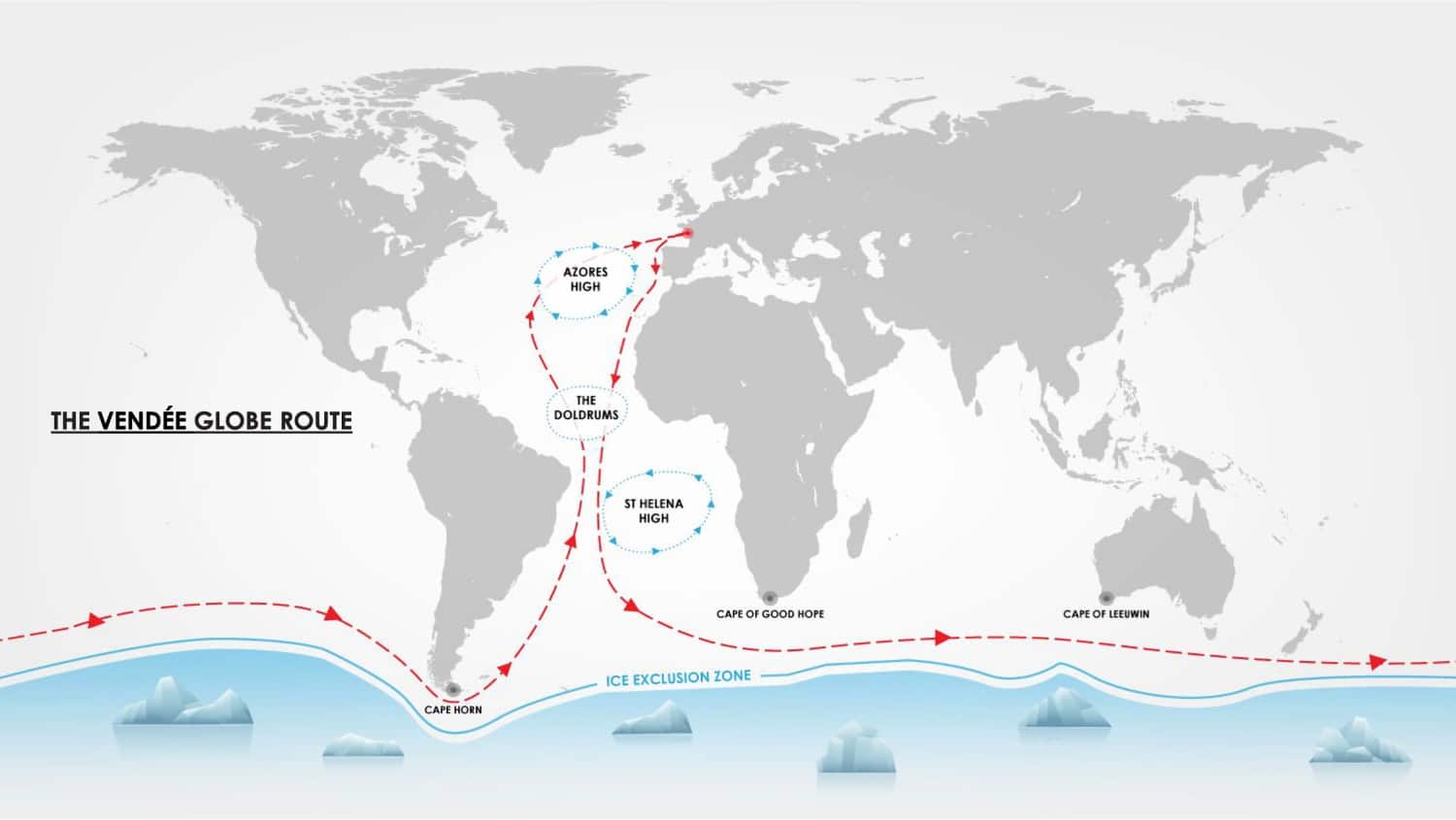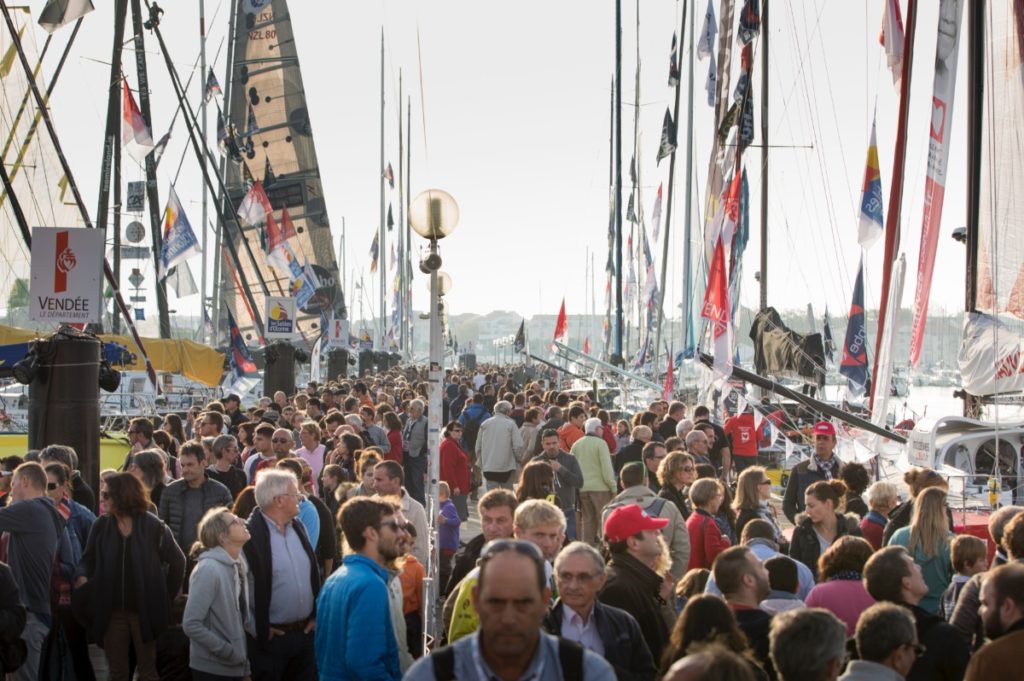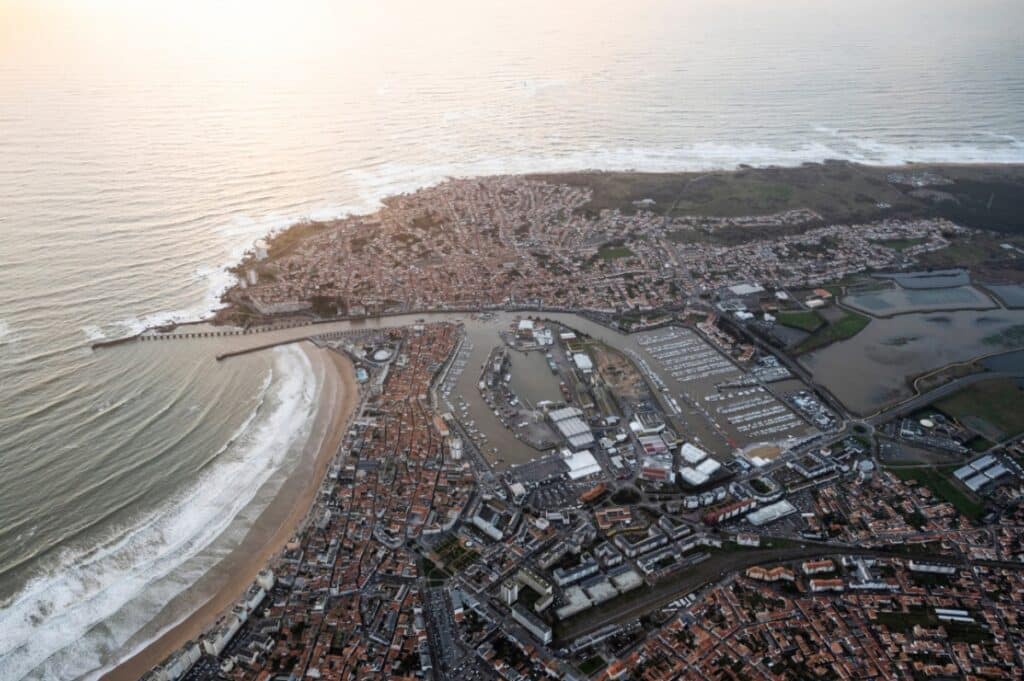The Vendée Globe is the most gruelling event in the sport of sailing, and is arguably the most challenging sporting event on the planet.
The solo, non-stop, unassisted round-the-world yacht race remains the pinnacle event in the offshore sailing calendar, with over 2 million fans visiting the race village ahead of the start.
The 42,000 km race is the stuff of legends, where real life heroes are made, racing in some of the toughest conditions on earth, yet still competing for every inch on the racetrack. In the latest edition, after 80 days at sea, the first 8 of the 33 competitors crossed the finish line within 24 hours of each other, showing just how close this competition is in this epic race!
A race like no other, the Vendée Globe brings people together. It inspires nations, with stories of resilience, mental toughness, survival, overcoming adversity and camaraderie in the harshest conditions on the planet. Covering 5 oceans, the race also educates the next generation about our oceans and our planet.











